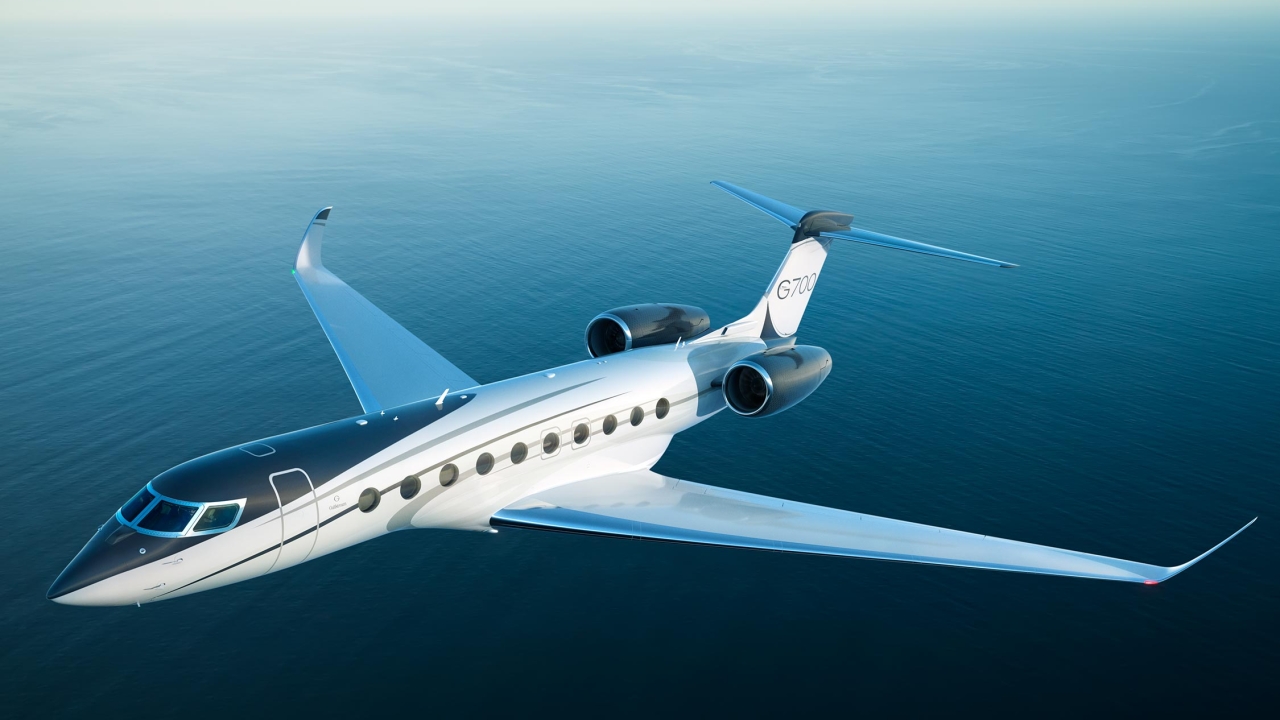How the West was won by Slovenia
Slovenian private jet operator and manager, Elit'Avia, is building up its business in the west African marketplace, despite the challenges facing business aviation in the region. Alan Dron reports.

It’s a long way from the cool grey stone and red tile roofs of the Slovenian capital of Ljubljana to the heat and energy of Accra, but Elit’Avia made the transition several years ago and is gradually expanding its activities in the Ghanaian capital.
Stay up to date
Subscribe to the free Times Aerospace newsletter and receive the latest content every week. We'll never share your email address.

